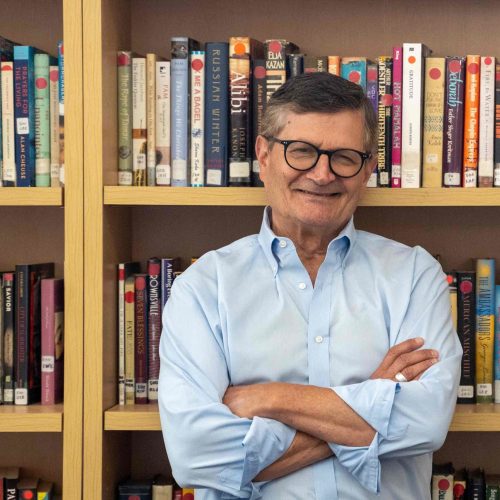A couple of days ago, synagogues – and churches – around the world kept their lights on through the night. On the 84th anniversary of Kristallnacht – the “Night of Broken Glass” – light penetrated the darkest time in our people’s history, in the history of humanity. Conceived of by Israel’s Religious Kibbutz Movement, the initiative called “Light from the Synagogue” has grown considerably in the fifteen years since it began. In addition to keeping the lights on until morning, congregations are encouraged to teach about what happened in 1938, on November 9.
Those who have been in Israel during Yom HaShoah (usually translated as “Holocaust Memorial Day” – though it’s complete (and profoundly different) name in Hebrew is Yom HaShoah v’Hagevurah – the Day of the Holocaust and Heroism) know the jarring sensation of the sirens that sound throughout the country. Both eerie and oddly comforting, the sound reverberates through city and kibbutz, in Tel Aviv’s skyscrapers and along the Northern and Southern borders. The two minutes of national silence is ear-shattering.
This is different, as different as light is to sound. The observance of Yom HaShoah v’Hagevurah (we should insist on the complete name, because it tells a much more complete picture) is a necessary commemoration of a national tragedy. The “Light from the Synagogue” is not focused on mourning. Rather, in the words of one of the developers of the concept, “it’s an opportunity to talk about what it means to be part of the Jewish community and what is our Jewish identity.”
More than four hundred synagogues in Israel participated this year, along with hundreds of synagogues and churches outside of Israel’s borders. In Argentina along, fifty synagogues kept their lights on throughout the night. Given Argentina’s history of violence against the Jewish community, this in and of itself was a powerful statement: we are here, we will not hide in the darkness.
After Kristallnacht, there were no international repercussions, no official words of condemnation from the “civilized” world of nations. German Ambassadors were not called into their host-countries’ capitals for a dressing down; no officials were recalled from their posts in Berlin. The world’s silence was deafening. If anything, historians cite this lack of… anything, of any reaction, as a green light – a nod of the world’s collective head to Hitler, as if to say, you can go further.
This is why this initiative is so important, so urgent. The simple acts of not allowing history to hide in darkness – literally by shining a light onto our shuls and Temples and synagogues – is our statement in the 21st century: not only do we remember, we’ll also act.
Here’s a powerful reminder to those of us whose communities could do so much but who choose (everything is a choice) not to act: several synagogues in Ukraine participated, including congregations in Kyiv and Kharkiv. How’s that for Jewish stubbornness?
This year, churches around the world were invited to participate, and hundreds joined the synagogues in Australia, Europe, the Americas and Israel.
I’ve studied and taught and cried and spoken about the Shoah for years, and continue to struggle to find the right words, the right balance, the right message that will resonate in people’s lives nearly eight decades later. This simple and powerful act can be part of learning just what it means to memorialize a national tragedy in a very, very different way.
“My vision in a few years is that when a Jewish father will be in New York or Petah Tikva or Melbourne, he will be able to show his child the synagogue lit up all night the same way he shows a sukkah or a chanukiyah,” said the project’s developer.
Add to that another vision: not only our places of worship, but our schools need to keep their lights on. What better institution than a place of learning, in which young Jewish minds and souls are nurtured and are given the gift of Jewish knowledge and pride?
A very personal note: my mother-in-law, born and raised in Berlin, attended a Jewish school in 1938. Somehow, the school was tipped off about the day, and my wife’s mother and her classmates literally had to run through the nearby woods to gain safety. Imagine the terror, the fear of the unknown and the known? An adolescent forced to run from her school, a place ostensibly of safety, turned into a space of horror.
Today, in her memory – and in her honor – and in the memory of a million children and five million others – let’s pledge to always keep the lights on, on our history, on our insistence never to live in the darkness again.
שבת שלום – Shabbat shalom,
Jerry

